
Nunnery to Discuss Equine Vision During Free Lecture
Ophthalmologist Catherine Nunnery, DVM, will present “Equine Vision: What Does My Horse See?” on Sept. 8.

Ophthalmologist Catherine Nunnery, DVM, will present “Equine Vision: What Does My Horse See?” on Sept. 8.

Lavage systems placed in the upper and lower eyelids developed complications 12.8% and 22.2% of the time, respectively.
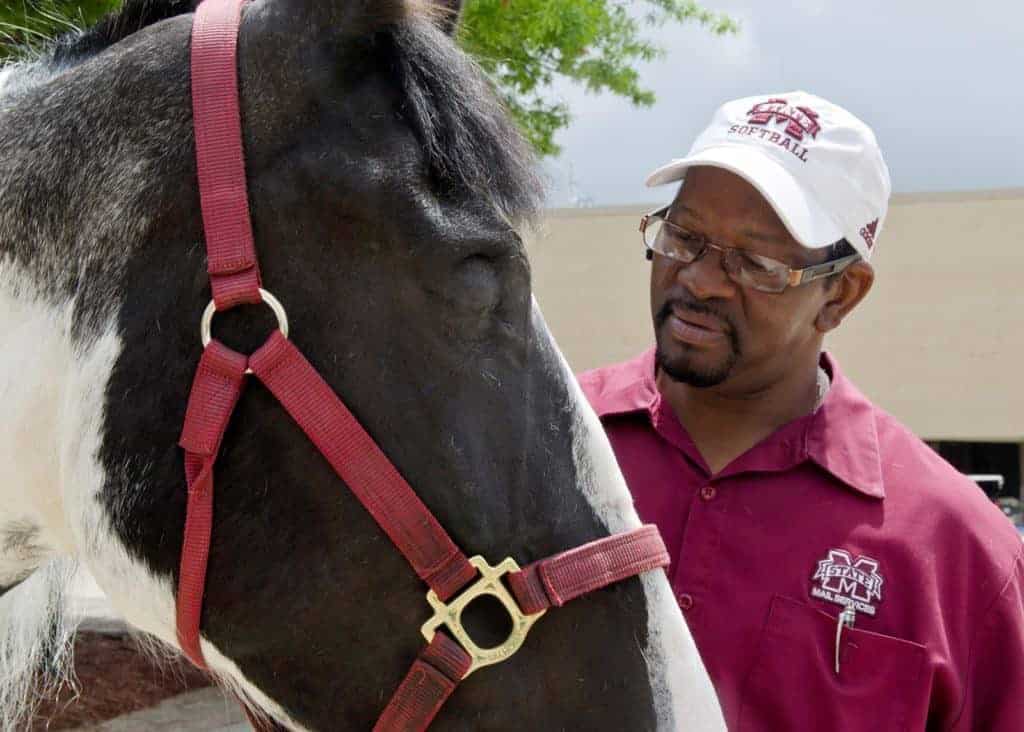
The procedure is designed to minimize surgical stress and complications associated with enucleations.

Study topics include keratitis, corneal surgery, corneal neoplasia, uveitis, glaucoma, and more.
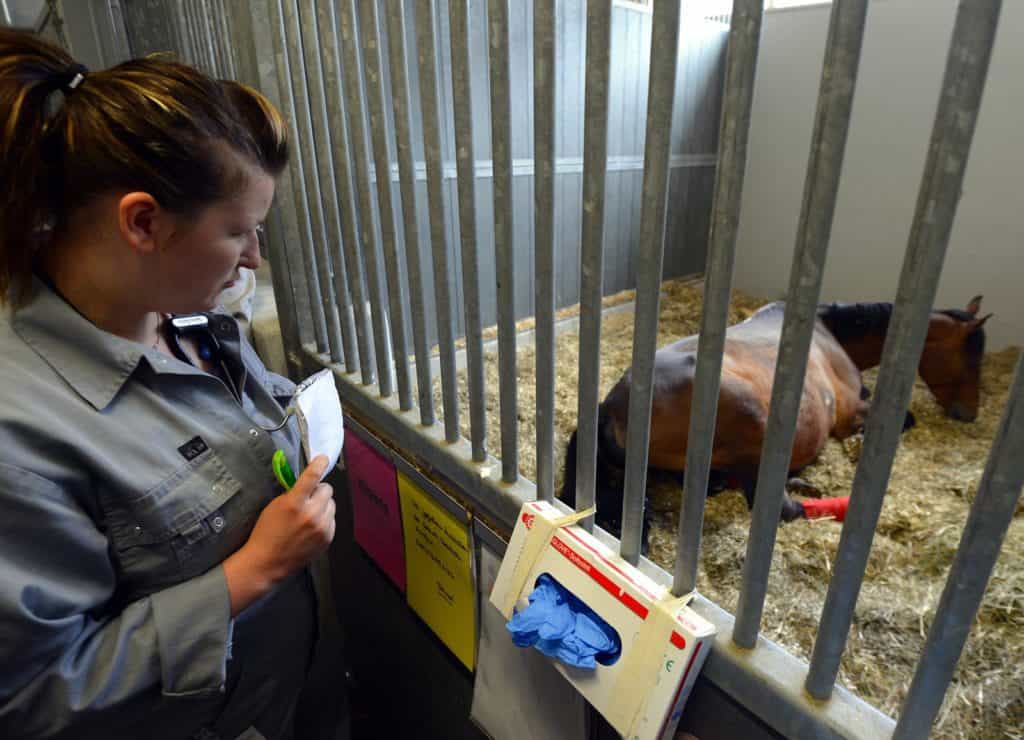
In the researchers’ clinic colic incidence among each group of patients was not significantly different.
Topics will include lower-limb lameness, ophthalmology, ambulatory practice, and poor performance.

Researchers determined that administering subconjunctival allogeneic stem cell injections to horses appears safe.
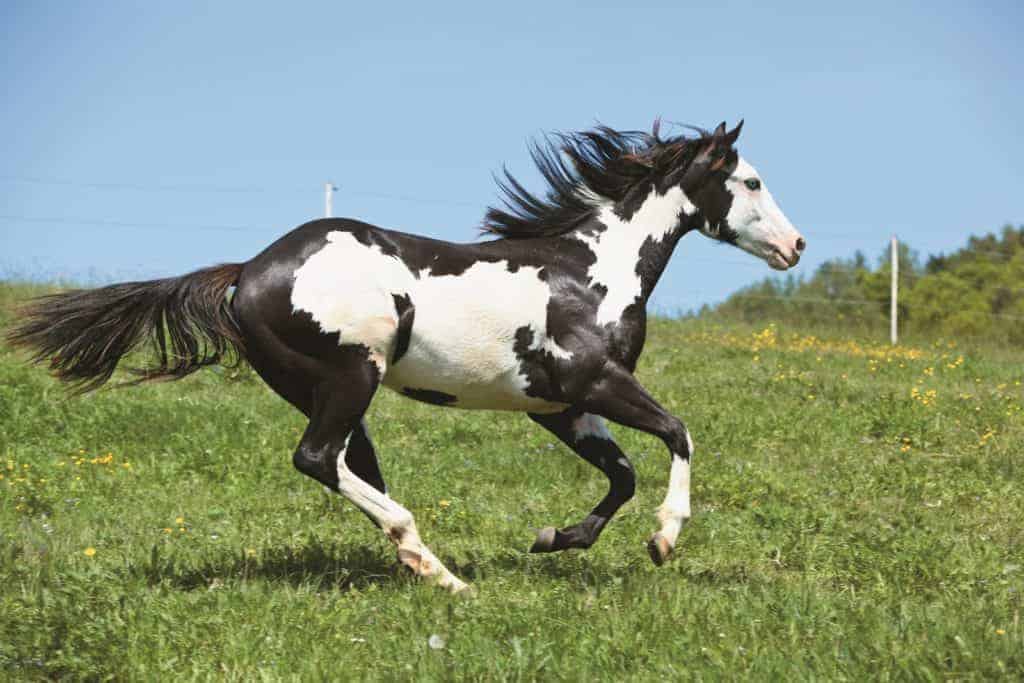
By knowing what conditions certain horses are predisposed to, owners and breeders can take preventive steps.
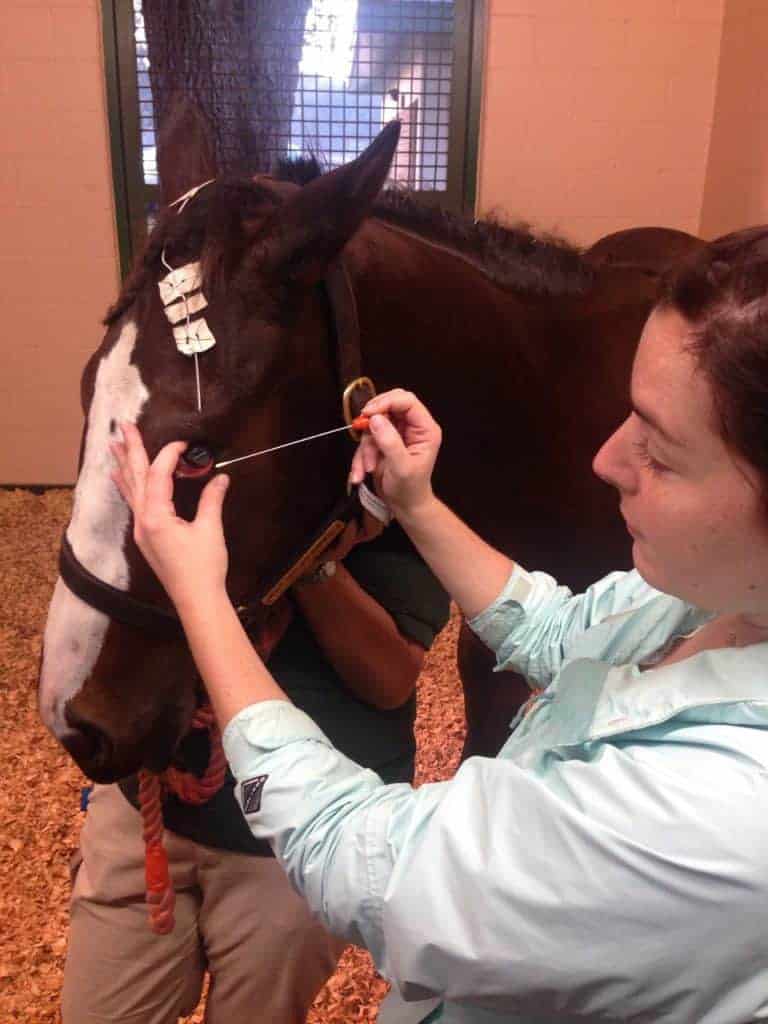
Because ocular problems are prevalent in foals, a veterinarian should examine a neonate’s eyes within 36 hours of birth.

Study topics include ophthalmology, respiratory issues, cardiovascular problems, sarcoid treatments, and more.
Lecture topics will include hoof care, nutrition, emergency care, dentistry, eye diseases, behavior, and more.

Researchers have identified some important differences between the eyes of horses with and without HERDA.
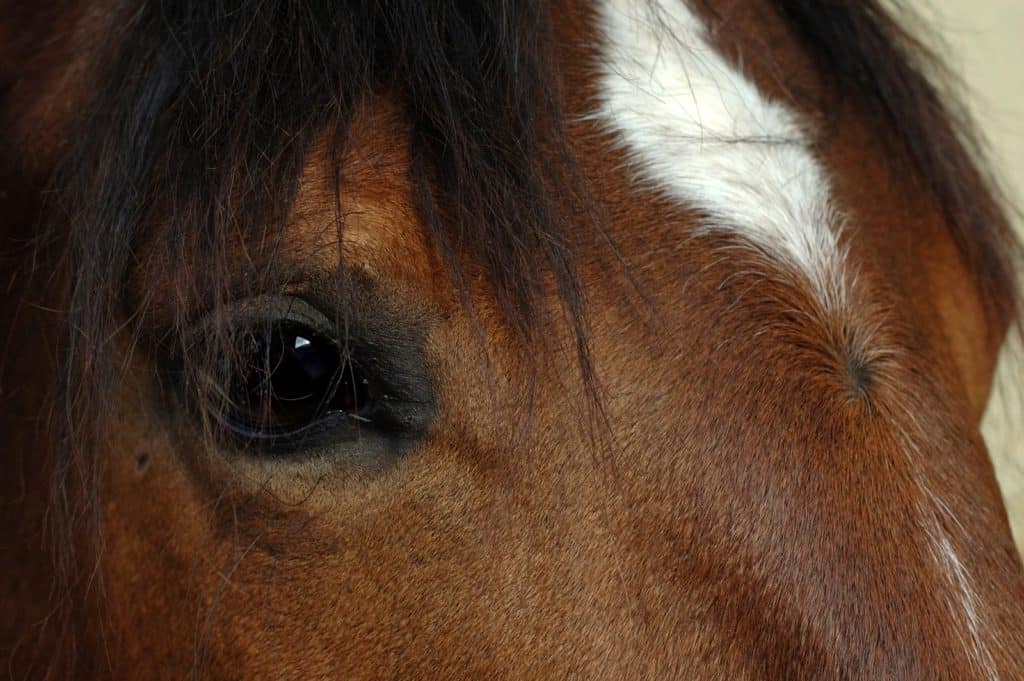
While two-thirds of horses have normal vision in both eyes, others are either near- or farsighted in one or both eyes.

Corneal dystrophy in Friesians could have a genetic basis, but the condition responds well to appropriate treatment.
Can a tooth grow out of the front of the horse’s head, close to the eye?

Dr. Sharon Spier, U.C. Davis, Calif., explains horses’ vision; what a horse sees in a collected frame, equine night vision, how blind spots affect the approach to jumps, and much more!
Stay on top of the most recent Horse Health news with
"*" indicates required fields